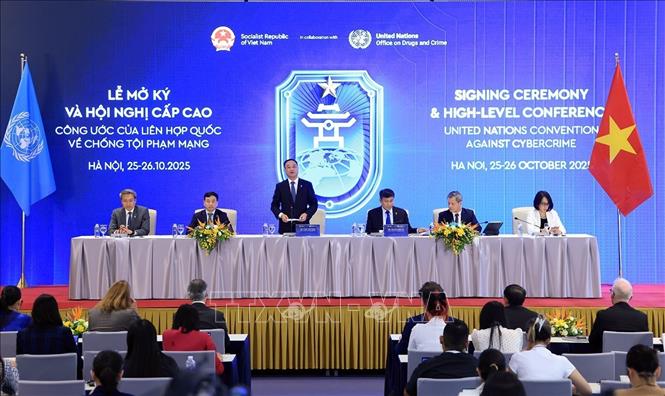
International press conference announcing the results of the opening ceremony of the Hanoi Convention. Photo: Tuan Anh/VNA
In an atmosphere of open and constructive dialogue, ministers, ambassadors, representatives of countries and international organizations, and businesses shared their views, clarified the role and significance of the Convention, and proposed solutions for its implementation. All speakers agreed that the adoption of the Convention – the first global legal framework to address cross-border threats in cyberspace – demonstrates the consensus and effectiveness of the multilateral system and marks the beginning of a new chapter in global digital governance.
The opinions emphasized the core values of the Convention: Firstly, in the context of increasing cybercrime in both quantity and complexity globally, countries highlighted the Convention's role as a global legal framework for cooperation in combating crime through information sharing, promoting effective and transparent investigation and prosecution of crimes, including particularly concerning crimes such as online fraud and child sexual abuse. Secondly, the Convention provides essential tools for protecting human rights in the digital environment. Thirdly, the Convention serves as a legal basis for capacity-building activities and technical assistance to developing countries in combating cybercrime, especially in protecting children and vulnerable people.
Regarding the future implementation of the Convention, countries emphasized the need to harmonize national laws in accordance with their obligations under the Convention and to implement specific national measures; they considered this an opportunity to update national legal frameworks, aiming towards a fair and humane digital ecosystem. Many countries shared national experiences in combating cybercrime, such as establishing centers to respond to online fraud and malicious activities, setting up hotlines, establishing specialized agencies, reforming criminal law, and enacting national cybersecurity strategies in line with the spirit of the Convention, and expediting procedures to prepare for ratification of the Convention.
Developing countries argued that, to ensure the sustainable and long-term implementation of the Convention, investment and resources are necessary for capacity building, technical assistance, and technology transfer. Many countries affirmed their commitment to cooperation and technical assistance to developing countries, pledged to strengthen the role of the private sector, and emphasized the need to guarantee human rights and fundamental freedoms in the implementation of the Convention. The discussion also noted the active participation of international organizations, technology companies, and non-governmental organizations with specific proposals on supporting and coordinating with countries in prevention, awareness campaigns, education , and public-private partnerships in the implementation of the Convention.
Over the two days of October 25-26, nearly 80 countries and international organizations spoke at the discussion session. From the opinions expressed, it is clear that the Hanoi Convention is not just a legal document, but a "declaration of global cooperation in the digital age." The signing ceremony of the Convention marks the beginning of a journey to truly bring the Convention into practice. The success of the Convention will be measured by its effectiveness, enforceability, ability to protect people, maintain digital trust, and promote sustainable development. Hanoi – a City for Peace – is once again marked as the starting point for new alliances in protecting global cyberspace.
Source: https://baotintuc.vn/thoi-su/cong-uoc-ha-noi-la-tuyen-ngon-cua-hop-tac-toan-cau-trong-ky-nguyen-so-20251026213451983.htm







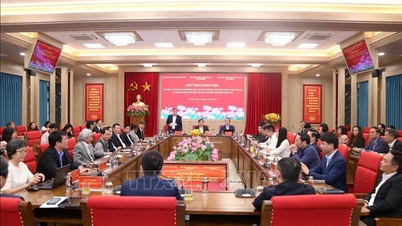
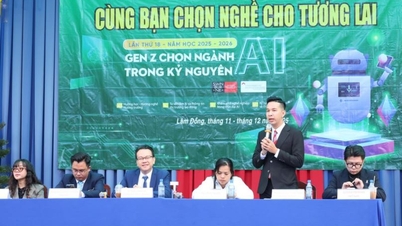

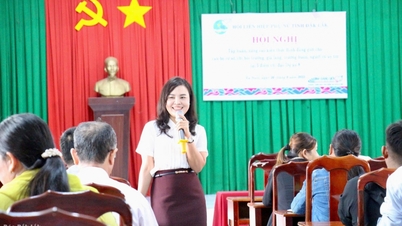

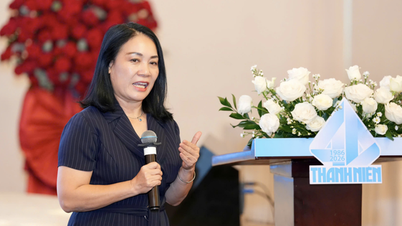

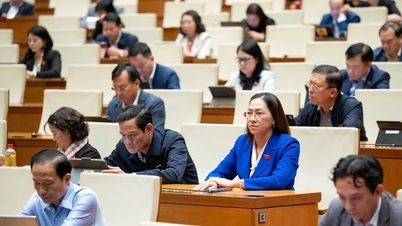

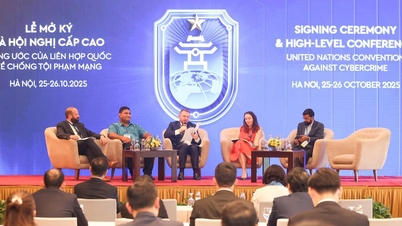
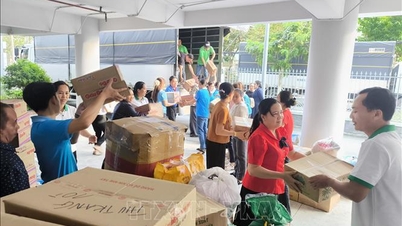
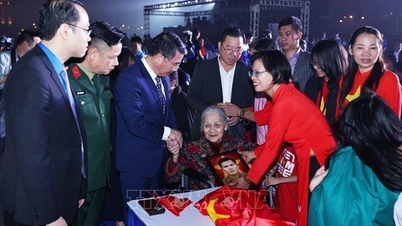





































































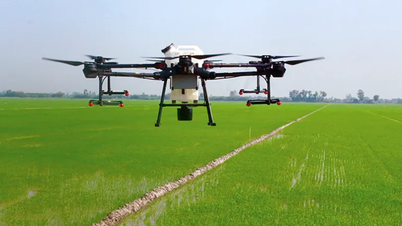





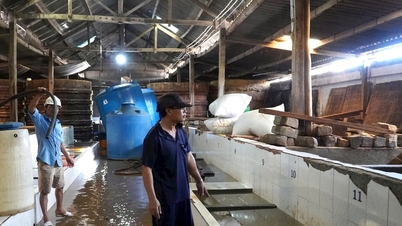
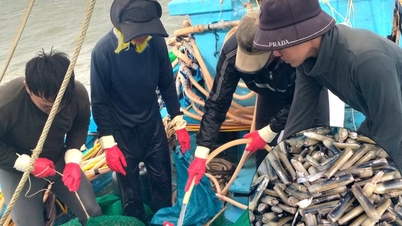













Comment (0)